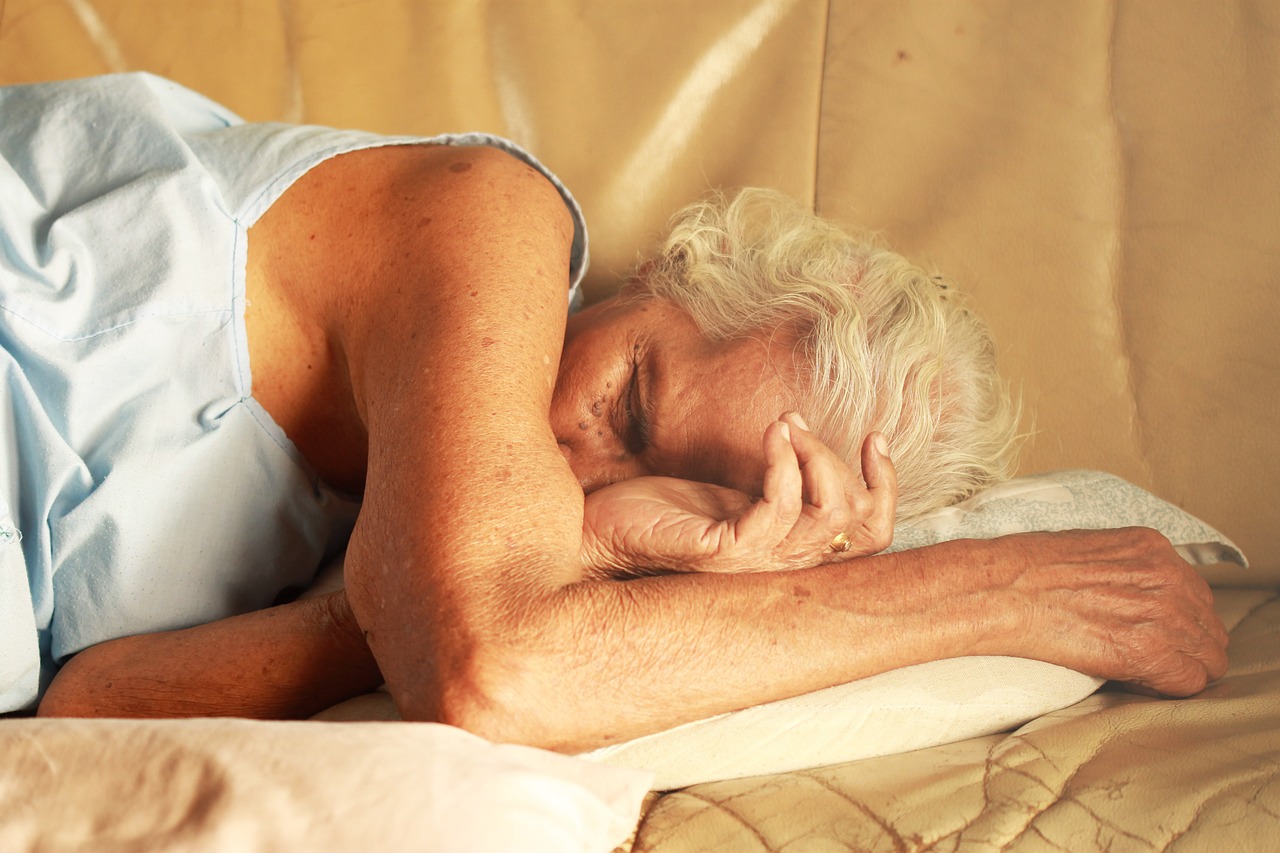
- Inspiring People -
- 5mins -
- 52 views
8 tips to help you sleep better and why that matters
Why getting enough quality sleep at the right times is vital for mental health, physical health, quality of life, and safety.
How much sleep should you get, and the reasons why
Sleeping is a basic human need, like eating, drinking, and breathing. Like these other needs, sleeping is a vital part of the foundation for good health and well-being throughout your lifetime. In today’s fast-paced, always-connected, perpetually-harried and sleep-deprived world, our need for a good night’s sleep is more important—and elusive—than ever. Here’s how much you should be aiming to get, and why.
Sleep deficiency and ‘sleep debt’
The way you feel while you’re awake depends in part on what happens while you’re sleeping. During sleep, your body is working to support healthy brain function and maintain your physical health. In children and teens, sleep also helps support growth and development.
Sleep deficiency can lead to physical and mental health problems, injuries, loss of productivity, and even a greater risk of death.
Around the world scientists are confirming what our ancestors instinctively knew: that our sleep is not just empty time. Sleep is a time of intense neurological activity—a rich time of renewal, memory consolidation, brain and neurochemical cleansing, and cognitive maintenance.
A common myth is that people can learn to get by on little sleep with no negative effects, but research shows that getting enough quality sleep at the right times is vital for mental health, physical health, quality of life, and safety.
Sleep plays an important role in your physical health, as sleep is involved in healing and repair of your heart and blood vessels.
Ongoing sleep deficiency is linked to an increased risk of heart disease, kidney disease, high blood pressure, diabetes, and stroke, and sleep deficiency also increases the risk of obesity.
Your immune system relies on sleep to stay healthy. This system defends your body against foreign or harmful substances. Ongoing sleep deficiency can change the way in which your immune system responds. For example, if you’re sleep deficient, you may have trouble fighting common infections.
Productivity suffers. Getting enough quality sleep at the right times helps you function well throughout the day. People who are sleep deficient are less productive at work and school. They take longer to finish tasks, have a slower reaction time, and make more mistakes. After several nights of losing sleep—even a loss of just 1–2 hours per night—your ability to function suffers as if you haven’t slept at all for a day or two.
The amount of sleep you need each day will change over the course of your life, but adults aged 18 years and above are recommended 7–8 hours a day.
If you routinely lose sleep or choose to sleep less than needed, the sleep loss adds up. The total sleep lost is called your ‘sleep debt’. So if you lose 2 hours of sleep each night, you’ll have a sleep debt of 14 hours after a week!
Sleep deficiency also is associated with an increased risk of injury in adults, teens, and children. For example, driver sleepiness (not related to alcohol) is responsible for serious car crash injuries and death. In the elderly, sleep deficiency might be linked to an increased risk of falls and broken bones.
In addition, sleep deficiency has played a role in human errors linked to tragic accidents, such as nuclear reactor meltdowns, grounding of large ships, and aviation accidents.
Below: What can you do to ensure you’re getting enough sleep?
Source: nhlbi.nih.gov

8 steps to improve your sleep habits
The good news is that you can take steps to improve your sleep habits. First, make sure that you allow yourself enough time to sleep. With enough sleep each night, you may find that you’re happier and more productive during the day.
- Go to bed and wake up at the same time every day. For children, have a set bedtime and a bedtime routine.
- Try to keep the same sleep schedule on weeknights and weekends. Limit the difference to no more than about an hour. Staying up late and sleeping in late on weekends can disrupt your body clock’s sleep–wake rhythm.
- Use the hour before bed for quiet time. Avoid strenuous exercise and bright artificial light, such as from a TV or computer screen. The light may signal the brain that it’s time to be awake.
- Avoid heavy and/or large meals within a couple hours of bedtime. (Having a light snack is okay.) Also, avoid alcoholic drinks before bed.
- Avoid nicotine (for example, cigarettes) and caffeine (including caffeinated soda, coffee, tea, and chocolate).
- Spend time outside every day (when possible) and be physically active.
- Keep your bedroom quiet, cool, and dark (a dim night light is fine, if needed).
- Take a hot bath or use relaxation techniques before bed.
Strategies for Special Groups
Some people have schedules that conflict with their internal body clocks. For example, shift workers and teens who have early school schedules may have trouble getting enough sleep. This can affect how they feel mentally, physically, and emotionally.
If you’re a shift worker, you may find it helpful to:
- Take naps and increase the amount of time available for sleep
- Keep the lights bright at work
- Limit shift changes so your body clock can adjust
- Limit caffeine use to the first part of your shift
- Remove sound and light distractions in your bedroom during daytime sleep (for example, use light-blocking curtains)
Napping during the day may provide a boost in alertness and performance. However, if you have trouble falling asleep at night, limit naps or take them earlier in the afternoon. Adults should nap for no more than 20 minutes.
Napping in preschool-aged children is normal and promotes healthy growth and development.
If you’re still not able to fall asleep during the day or have problems adapting to a shift-work schedule, talk with your doctor about other options to help you sleep.
Sleep often is the first thing that busy people squeeze out of their schedules, but making time to sleep will help you protect your health and well-being now and in the future.
Source: nhlbi.nih.gov


